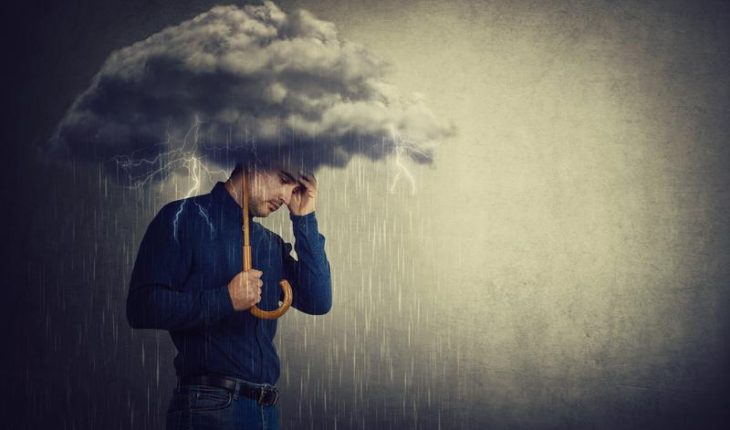By Farzin Espahani
If you take a look around, you may have noticed anecdotally that younger people seem to struggle with anxiety more often than previous generations. Is this an accurate portrait of the state of the youth? Is anxiety really more of an issue for the youth? Indeed, many mental health conditions are more prevalent in 2020 than they were in earlier times. Anxiety in teens has reached epidemic levels in the West. The natural question of why this is occurring arises, but there is no one definitive answer. Many factors likely play a role in the increasing prevalence of anxiety among the youth. In this article, we’ll explore the reasons why youth battle anxiety at higher rates and what, if anything, can be done to correct the problem.
Influence of Technology
Generation Z and the Millennials, those that came of age following the internet revolution of the late 90s, have grown up surrounded by technology. Email, text messaging, cell phones, and social media are all relatively new inventions. Because of their new arrival in mass consciousness, scientists have not had the opportunity to investigate their effects on mental health as thoroughly as might be required. Social media, in particular, is a potentially massive contributor to anxiety. Young people, who are naturally inclined to compare themselves to peers in order to find and establish their place in the social order an important aspect of development, naturally gravitate to social media to see what’s going on with their social group. While comparing oneself to others is normal, what social media introduces into the equation is an unrealistic and carefully curated vision of peers’ lives. While the reality is that everyone struggles with personal demons and insecurities, social media allows users to present an idealized version of their lives. In turn, when teen users see their friends’ and peers’ artificially constructed images via social media, they immediately compare their imperfect own lives to these idyllic versions of their friends’ lives, prompting anxiety and depression. Significant social science research backs up the detrimental impacts of social media on young people’s psyche.
Another important way that social media contributes to anxiety in teens is online bullying. According to DoSomething, over one-third of all teens between 12 and 17 have been bullied online. The anonymity that online interaction affords can lead to crueler, more degrading treatment of peers by bullies. Many groups have dedicated themselves to addressing this serious problem. However, the “Wild West” nature of social media makes policing young people’s interactions difficult.
Mental Illness in the United States
Mental illness has been on the rise in the United States across all age groups. Young people are no exception. Anxiety and depression, in particular, have crippled thousands of young people as conventional treatments have often failed to work. It is important to remember that anxiety occurs on a spectrum – some cases can be mild while others can be so severe that leaving the home is a challenge for the affected person. According to Transformations Treatment Center, there are six different types of anxiety disorders which require individualized treatment strategies. A licensed provider is trained to recognize the distinct anxiety type in a patient and respond accordingly with the appropriate treatment.
The types of anxiety are:
- Generalized anxiety disorder (GAD)
- Social anxiety
- Specific phobias
- Panic disorder
- Obsessive-compulsive disorder (OCD)
- Post-traumatic stress disorder (PTSD)
- Separation Anxiety
Dietary Influence
A major challenge related to mental health that young people face is the issue of diet. The modern diet is rich in processed food that is loaded with harmful additives and chemicals while it is poor in whole foods that deliver actual nutritional value. The medical field may have underestimated the role that diet plays in mental health for some time, but according to Aetna, mental health and diet are actually closely linked. Foods that contain brain-boosting nutrition like fish and raw vegetables are often replaced in the modern era for easier-to-prepare foods full of processed sugar, salt, and preservatives like MSG that are intended to “hook” the eater by hitting the pleasure centers in the brain. We are hardwired evolutionarily to seek out sweet, salty, and fatty foods because historically those were the richest in calories. However, food manufacturers have taken advantage of this by filling products with sugar and harmful fats to the detriment of our collective physical and mental well-being. Young people have borne the brunt of this push, consuming fewer whole foods and more processed foods than any previous generation.
When you consider the forces arrayed against young people, it’s easy to understand why so many young people struggle with anxiety. When you look at the sedentary lifestyles many of them lead that are spent meandering through social media and poor dietary habits that rob their systems of crucial nutrition, it’s clear that modern youth need to be taught habits that are helpful rather than destructive.
Here’s another article you might like: The Surprising Science Behind Addiction




